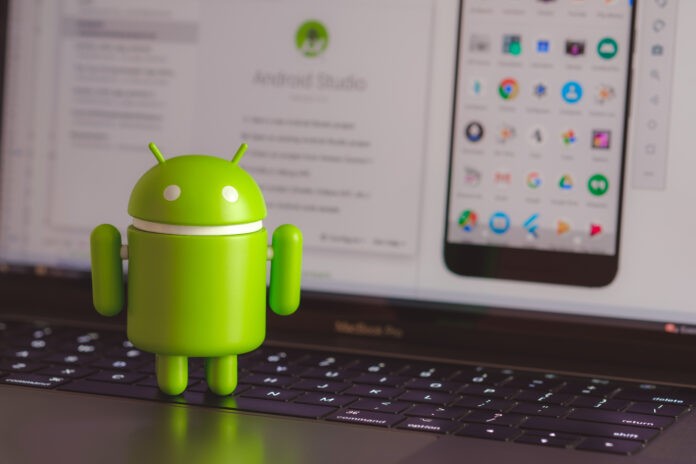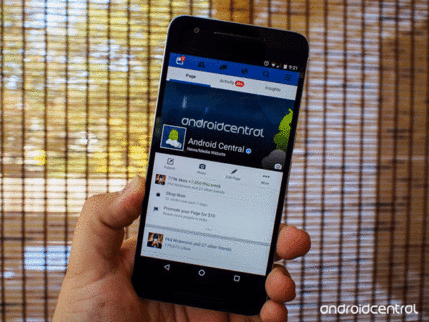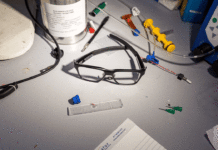
Facebook recently announced that they will be building their version of Android with an in-house team already developing an OS that will leave VR, smart home, and other products less reliant on Google. At the moment products like Oculus Quest are based on customized versions of Google’s Android OS. It is no secret that Android has become the diamond of hardware-makers for more segments than just phones, mostly because manufacturers can access the software for free. This has left many companies questioning whether they have become too reliant on Google to power their technology.
While this might not sound as bad, there are many risks involved in such a partnership. An example is Huawei when the company found itself facing annexation of the full Google suite. The US trade ban with the company made it impossible for the Huawei user to access apps like YouTube and Gmail. Huawei has been working on its Android replacement, but it is nowhere near ready for consumers. While Facebook is not facing this type of pressure, it still isn’t a safe strategy to depend on such a huge Silicon Valley competitor. The only other solution is to build a new OS.
A previous member of Microsoft, Marc Lucovsky, made the move to Google in 2005. He then decided to move to VMware in 2009 and at the moment he is the General Manager of Operating Systems at Facebook where the current focus is to build an OS that caters to the needs of augmented reality devices. According to reports, he finds himself under some pressure to reduce the reliance of the social network on other companies in terms of hardware and software. It is said that Facebook is in the process of developing everything on its own including AIs to power voice assistants to dedicated chips for hardware products. Facebook has about 4 000 people working in new divisions alone.

Building a new OS has many advantages but it also comes with new challenges. For instance, it usually requires buy-in from third-party developers because no single company can be responsible for every app on the platform. If Oculus headsets are to use the Facebook OS then the company needs to source developers that can make the platform VR-friendly. They will then have to find some route to make virtual reality gaming experiences possible.
Another challenge will be updates and security because the world of software never takes a break. Facebook will find itself under severe scrutiny when it comes to data protection and privacy. A high number of leaks of high-profile users might be used in ways individuals might not expect it to be.
It is still unclear how the OS will be structured but other versions of Android that have been developed over the years have been based on the AOSP (an open-source version of Android) and then customized. It makes compatibility with third-party software easier but in this case, Facebook will need a lot of time and resources.
January 13, 2019























